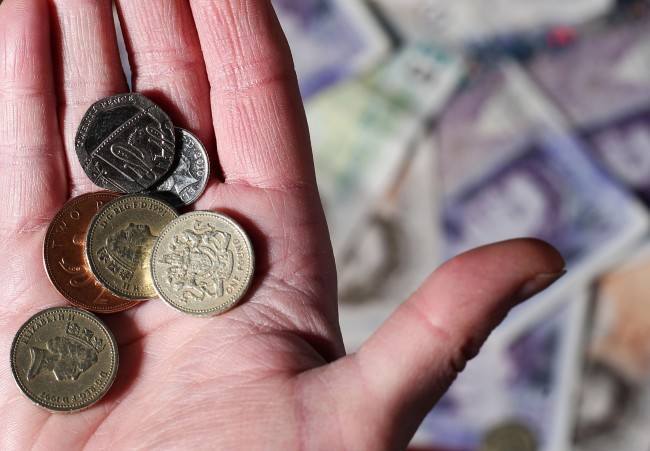It’s Not A Living Wage, It’s Tax Poverty
SO we’ve had the announcement of the new Living Wage. This is the amount someone would need to earn in order not to live in poverty in the UK: it’s 7.65 an hour, well above the national minimum wage of 6.31 an hour. This being the very point of the campaign of course: to point out that the minimum wage is too low, that it leaves people still living in poverty.
To give the campaign their due, they are calculating that poverty line correctly: they’re asking people what people need to be able to do in order to not be living in poverty. Answers are that they should be able to afford a couple of pints once a week, go out for a cheap dinner once a month, that sort of thing. Do note they’re not saying that the unemployed should necessarily be able to do these things: only that they would regard people who could not afford to do these things as living in poverty. And, if people think that not having enough money to do these things is poverty then that’s what the definition of poverty is.
However, there’s a large hole right in the middle of the argument. If you earn that living wage then you’ll get 14,900 a year in income. Out of which the government will take 1,100 in income tax and a further 1,100 in employees’ national insurance. Leaving you with a net 12,700: which isn’t all that different from the 12,300 you would get if you were getting the minimum wage but were paying no tax on it.
The end result of all of this is that we don’t actually have a problem with low wages and poverty in this country. The minimum wage is around and about enough that you will not be in poverty if you are in full time work.
The problem is that the government scoops money out of the paypackets of the poor. That is, we’ve got tax poverty. Poverty directly and entirely caused by the operations of the tax system. And, if we want to reduce poverty then perhaps that’s the thing that we should reform.
Make the personal allowance (for both income tax and national insurance) the same as the full time full year minimum wage. Once we’ve solved that tax poverty problem then we can go on to consider whether there’s any need for the living wage or not.
Posted: 5th, November 2013 | In: Money 0 Comments | TrackBack | Permalink



